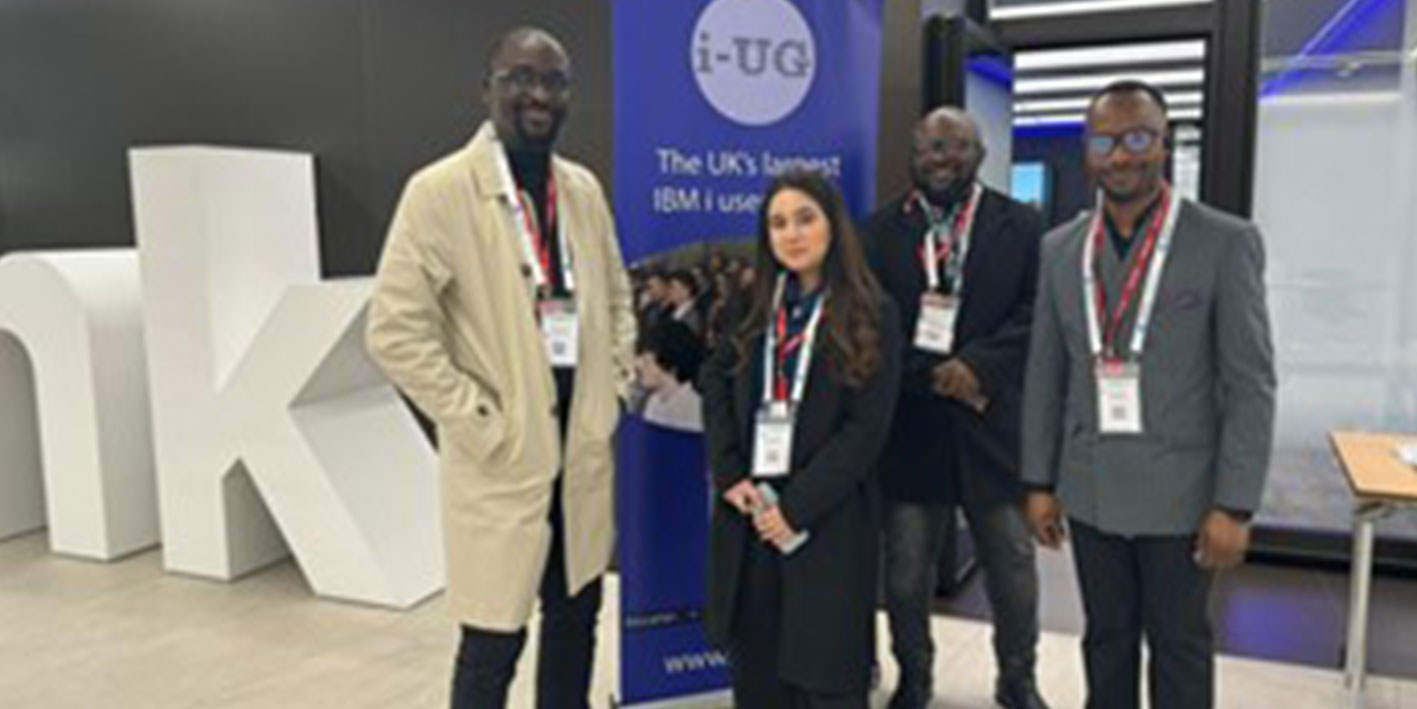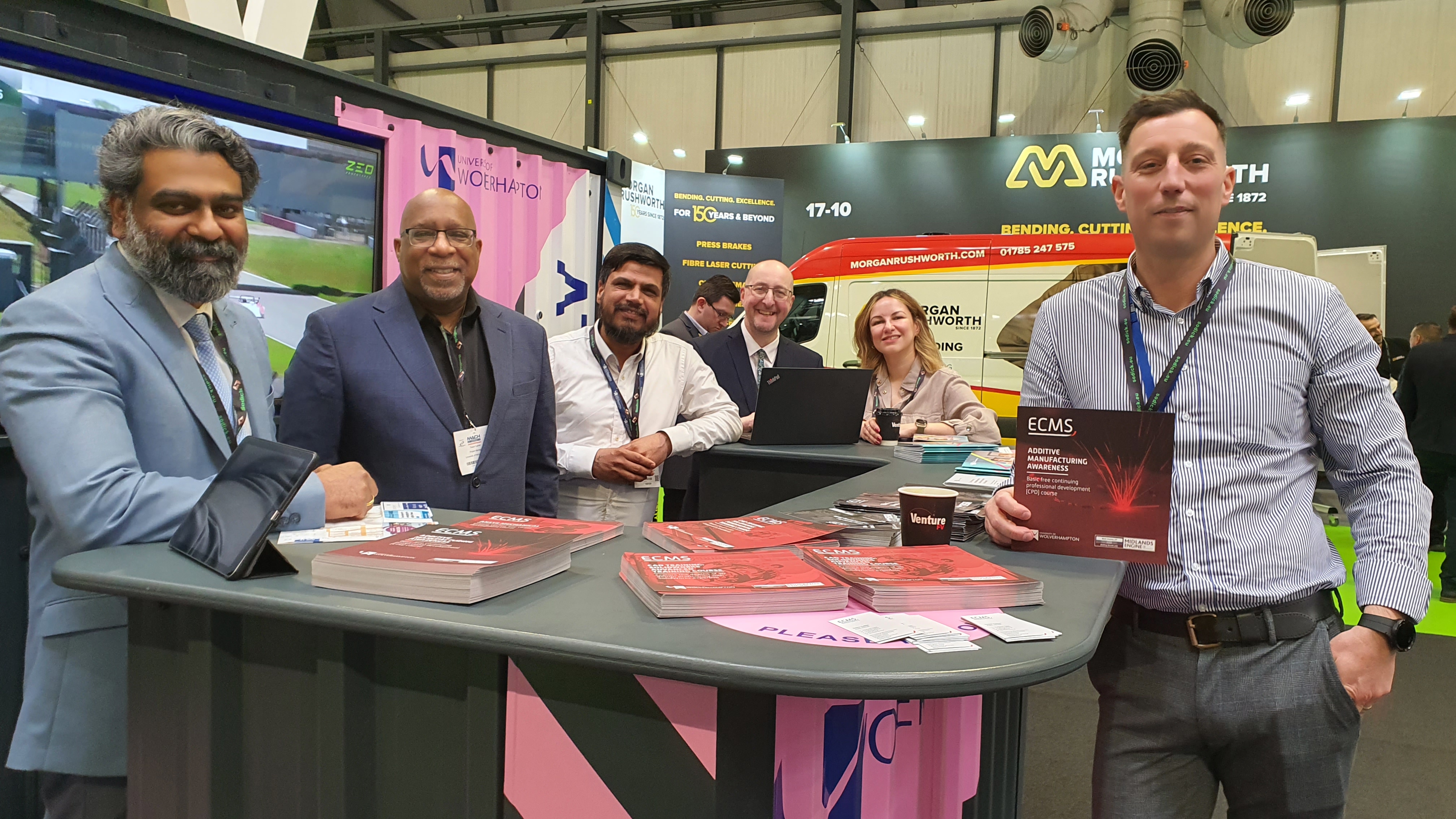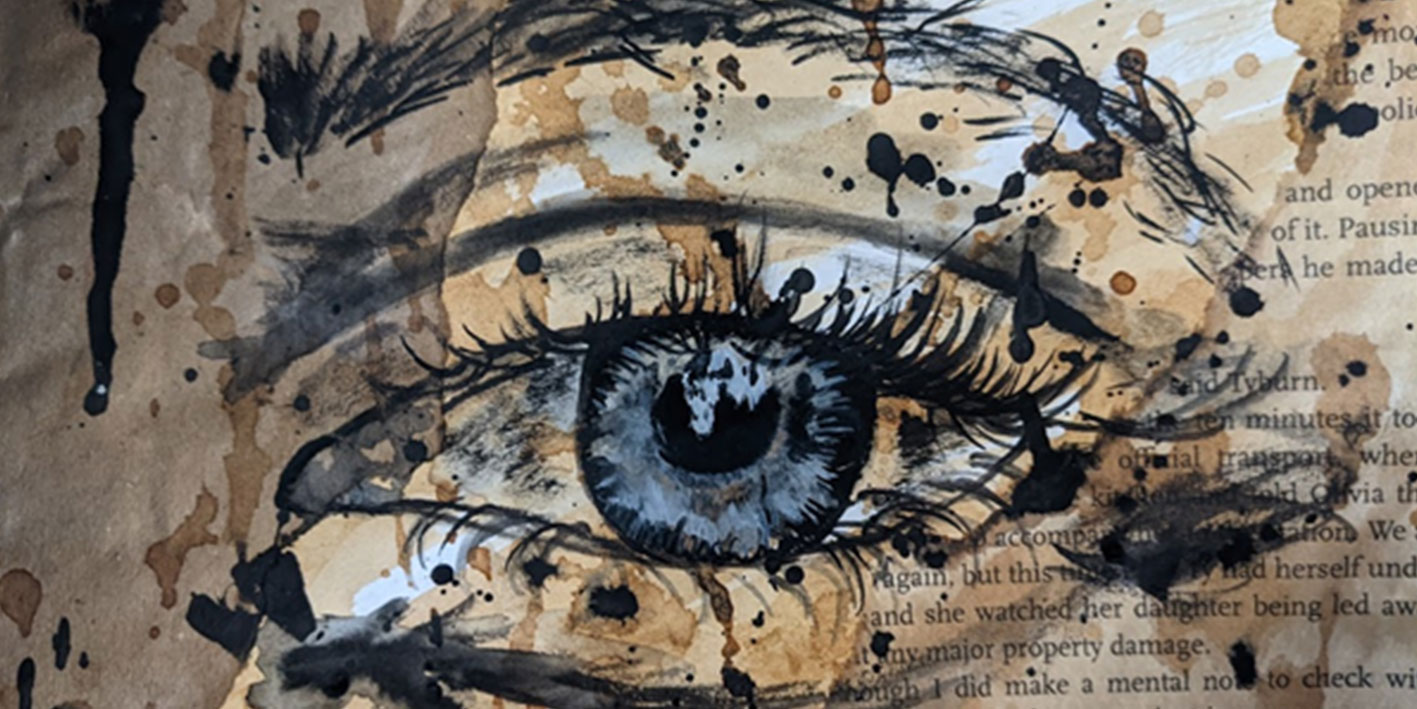
Researcher launches stroke memoir and investigates the brain in art and culture
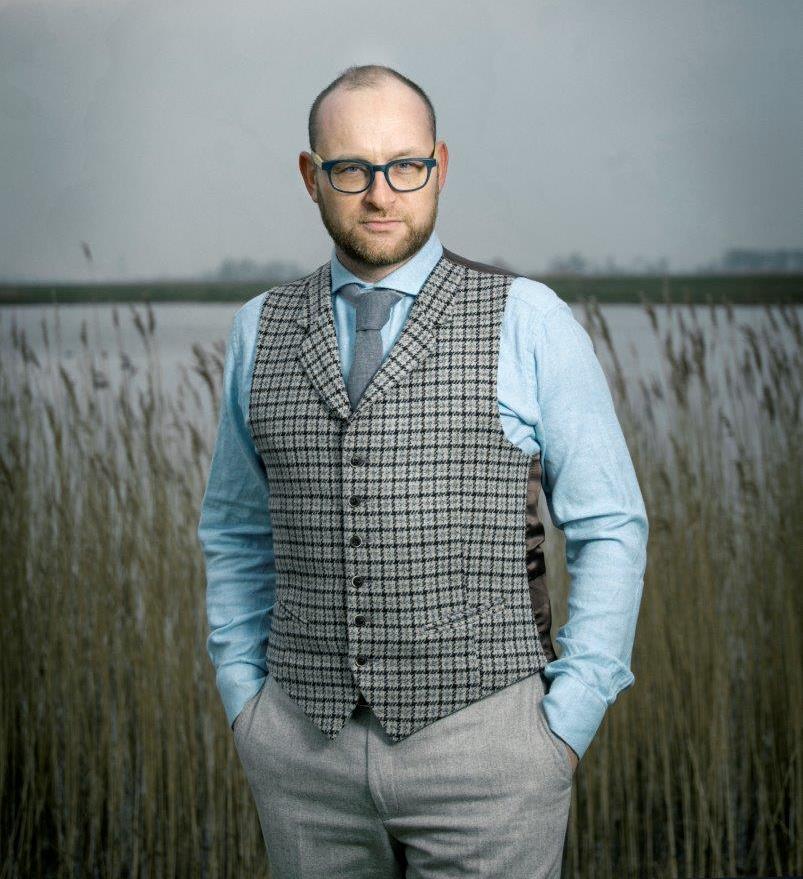
A University of Wolverhampton researcher is opening up a new chapter in his life by launching his personal memoir about surviving a stroke whilst at the same time documenting a historical research investigation of the brain in art and culture.
Professor Sebastian Groes suffered a stroke in 2013 when he was taking time off after finishing a research project on the role of memory and navigational skills in the digital age. Waking up one day, he found he was unable to speak or write. In the hospital he was diagnosed with having suffered a stroke.
Although his aphasia (speech impairment) soon disappeared, the period of recovery took over a year during which he suffered what is called ‘emotional turbulence’ and ‘sensory disturbances’, which confronted him with many questions about the nature of selfhood. Ironically, his research into memory involved understanding how new digital technologies impact on the brain.
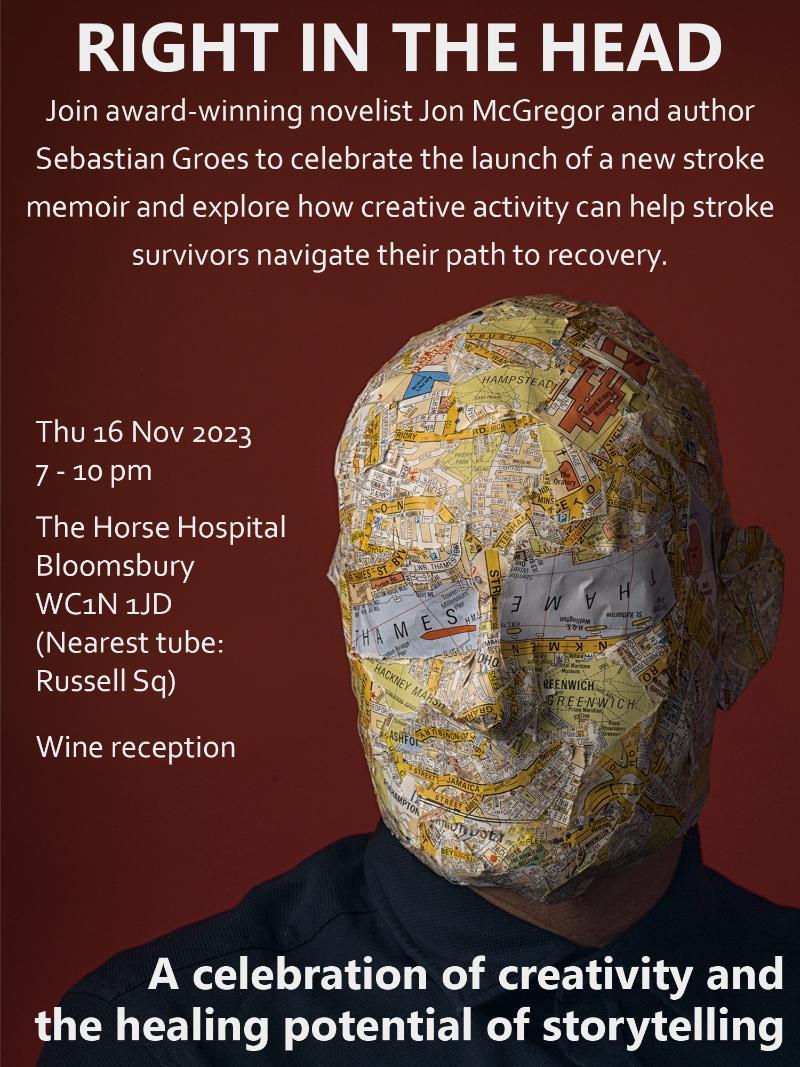
Published by Jetstone publishers, the new book – Right in the Head – is being launched at the Being Human Festival 2023 in London, as part of a world-leading research team in the University of Wolverhampton’s School of Humanities which is delivering an exciting series of events in November after securing funding for a series of community activities.
Professor Groes said: “My memoir mixes my own experience of a stroke with a historical investigation of brain in art and culture and the event at the Being Human Festival offers the audience a piece of immersive theatre that will take them on a journey of what happens to the brain when someone has a stroke.
“There will be performances by actors, including Raymond Waring who starred in 24 Hour Party People and No Time to Die, as well as a reading by the award-winning writer, Jon McGregor, and a series of interactive, multisensory exercises that allow for a working through of brain trauma. The event draws on neuroscience, psychology, literary and cultural studies whilst offering innovative creative writing exercises.”
Groes and a multidisciplinary team are also embarking on a new, innovative research project that investigates the ways in which stroke impairs language and cognition whilst offering creative writing methods for younger stroke survivors to aid their recovery.
By deploying new computational methods on textual communication, Groes hopes to be able to aid diagnosis of stroke by the health care services. The project team collaborates with the UK’s Stroke Association, Different Strokes, Nottingham University and UCL’s Neuroscience Department and will be showcasing their work at the UK Stroke Forum in front of hundreds of Health Care Professionals.
Right in the Head has received praise by fellow writers including Will Self, who said of the book: ‘A highly enjoyable, multi-perspectival stroke memoir that is trenchant and critical about the way ‘neuromania’ - like ‘genomania’ before it – leads people into a bogus search for a total explanation. Very engaging.’
The Being Human event is free to attend and places can be booked here.
The School of Humanities team, led by Dr Rob Francis, Lecturer in Creative and Professional Writing at the University, and PhD student, Ifemu Omari, secured £1650 to fund the series of events for the festival which is run in partnership with the Arts & Humanities Research Council (AHRC), the British Academy (BA), and the School of Advanced Study, University of London (SAS).
The UK's national festival returns to 52 towns and cities across England, Scotland, Wales and Northern Ireland from 9–18 November and events are led by researchers from 64 universities and research organisations, and include hands-on workshops, walks and tours, talks and discussions, installations and exhibitions, museum pop-ups and lates, screenings and outdoor activities. Founded in 2014, the festival celebrates the breadth, diversity and vitality of the humanities, and demonstrates that research in the humanities is vital for the cultural, intellectual, political and social life of the UK and globally.
You can find more information about what's happening on the Being Human website.
Find out more about the University's research in the University’s eZene, Research Matters - showcasing our research successes and news from the sector.
ENDS
For more information please contact the Corporate Communications Team.


/prod01/wlvacuk/media/departments/digital-content-and-communications/images-2024/240328-Varsity-Line-Up-Resized.jpg)
/prod01/wlvacuk/media/departments/digital-content-and-communications/images-18-19/220325-Engineers_teach_thumbail.jpg)
/prod01/wlvacuk/media/departments/digital-content-and-communications/images-2024/240423-Additive-Research-Centre-Launched.jpg)
/prod01/wlvacuk/media/departments/digital-content-and-communications/images-2024/240320-Uzbekistan-Resized.jpg)
/prod01/wlvacuk/media/departments/digital-content-and-communications/images-2024/240229-The-Link-Resized.jpg)
/prod01/wlvacuk/media/departments/digital-content-and-communications/images-2024/240416-Abi-Dare-Resized.jpg)
